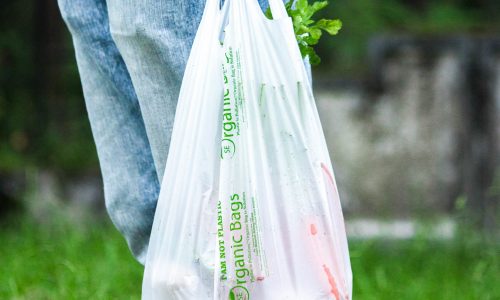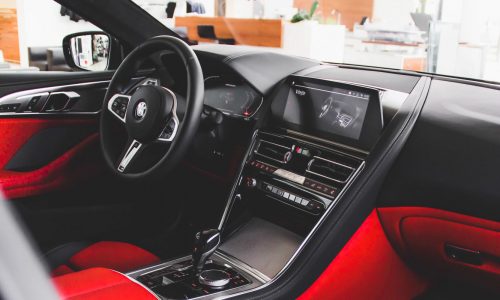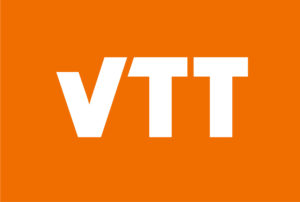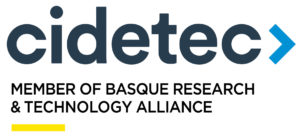Products
Reducing dependency
Europe is dependent on fossil-based raw materials, however these resources are scarce in the EU (only Norway and the UK produced more than 10 Mtoe in 2017).
The INN-PRESSME test cases will demonstrate how sustainable materials are crucial to produce and recycle products with as little fossil-based raw materials as possible for the packaging, energy, transportation, and consumer goods sectors.
Three main application fields
Packaging

By 2030, all plastic packaging placed on the market in the EU should either be reusable or able to be recycled cost-effectively. This means that globally more than half of all packaging must meet these requirements. INN-PRESSME will explore development of fibre-based bags, boxes made of biofoam and bio-based tubes for cosmetics, as well as smart labels in the food and cosmetics sector.
Energy & Transport

Up to a quarter of the mass of a modern mid-size car, which is about 1,100 kilograms, consists of polymer materials today: bodywork, the interior lining (doors), dashboard, side trim, seats, impact protection and much more. That is why INN-PRESSME is also devoting itself to this topic. In addition to 3D printed elements, the project also aims to develop sustainable materials for structural and aesthetic component.
Consumer Goods

A shoe sole, made of sustainable materials, with excellent performance, durability and antibacterial properties is one of two products that the INN-PRESSME project is developing for the end consumer. INN-PRESSME is also dedicated to bio-based sports goods to replace conventional materials with bio-foam.
Explore INN-PRESSME Pilot Lines
Demo Cases
The demo cases are key elements of the 360-degree perspective during the INN-PRESSME project. On the real test bench, nine test cases are used to validate the performance of the improved materials. Their expected impacts will be demonstrated, with emphasis on circularity. All new bio-material developments, formulations and processes are tested in 9 real application cases.
The three sites in Finland (VTT), Spain (CIDETEC), and Germany (Fraunhofer ICT) will start their work in 2022 and present the results and possibilities in 2023.
VTT (Packaging)
VTT Technical Research Centre of Finland Ltd. is responsible for the optimisation and further development of products in the packaging sector. VTT is a state owned and controlled non-profit limited liability company established by law and operating under the ownership steering of the Finnish Ministry of Employment and the Economy. VTT is an RTO (Registered Training Organization) whose activities are focused on three areas: Knowledge intensive products and services, Smart industry and energy systems, and Solutions for natural resources and environment. VTT is impact-driven and takes advantage from its wide multi-technological knowledge base to strengthen Finnish and European industrial competitiveness. VTT is in charge of 4 demo cases:
- Bio-based adhesive smart labels for food and cosmetics
- Fibre-based heat-sealable stand-up pouches with high barrier performance
- Bio-based boxes replacing the current material with bio-foam
- Bio-based tubes for cosmetics with focus on laminated structures

CIDETEC (Energy & Transport)
CIDETEC is a private organisation for applied research founded in 1997 that seeks to contribute value to companies by harnessing, generating and transferring technological knowledge. Located in the Donostia-San Sebastián site of Gipuzkoa’s Scientific and Technological Park, CIDETEC is comprised of three international technological reference institutes in energy storage, nanomedicine and surface engineering. CIDETEC is developing 3 demo cases:
- Bio-based automotive components with nano-enabled functionalities
- Bio-based automotive parts as structural/aesthetic components
- Bio-based ultracapacitors

Fraunhofer ICT (Consumer Goods)
The Fraunhofer Institute for Chemical Technology ICT, founded in 1959, is one of the largest and longest established institutes of the Fraunhofer-Gesellschaft, which currently has around 24,000 employees and a total turnover of 2.1 billion Euro. At Fraunhofer ICT’s site in Pfinztal over 540 employees carry out research and development work in the core competence areas of chemical and environmental engineering, polymer engineering, energy systems and explosives technology. Fraunhofer ICT is leading 2 demo cases:
- Fully bio-based fungicidal complete footwear with superior performance and wear resistance
- Bio-based sporting goods, replacement of current material with bio-foam with high mechanical strength and antimicrobial properties
